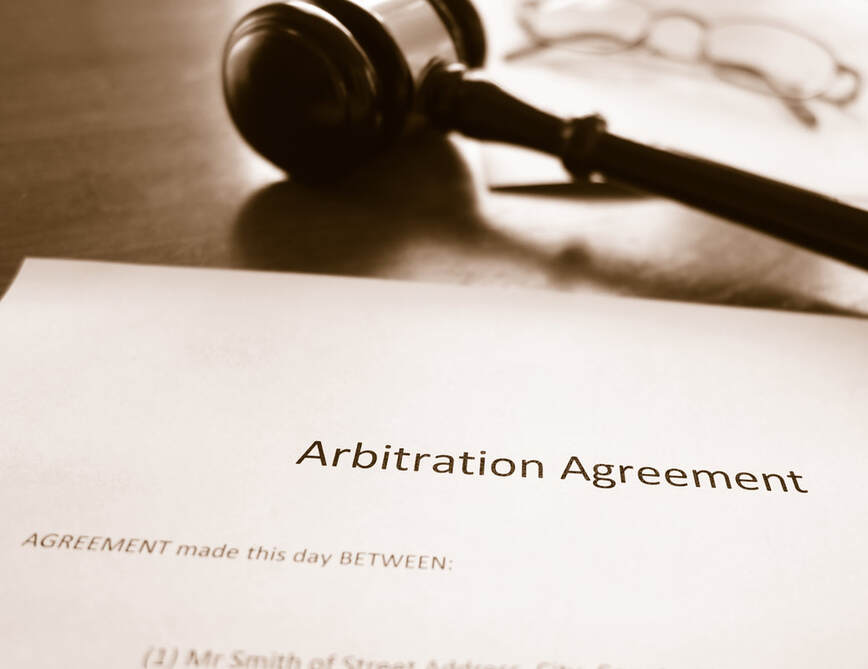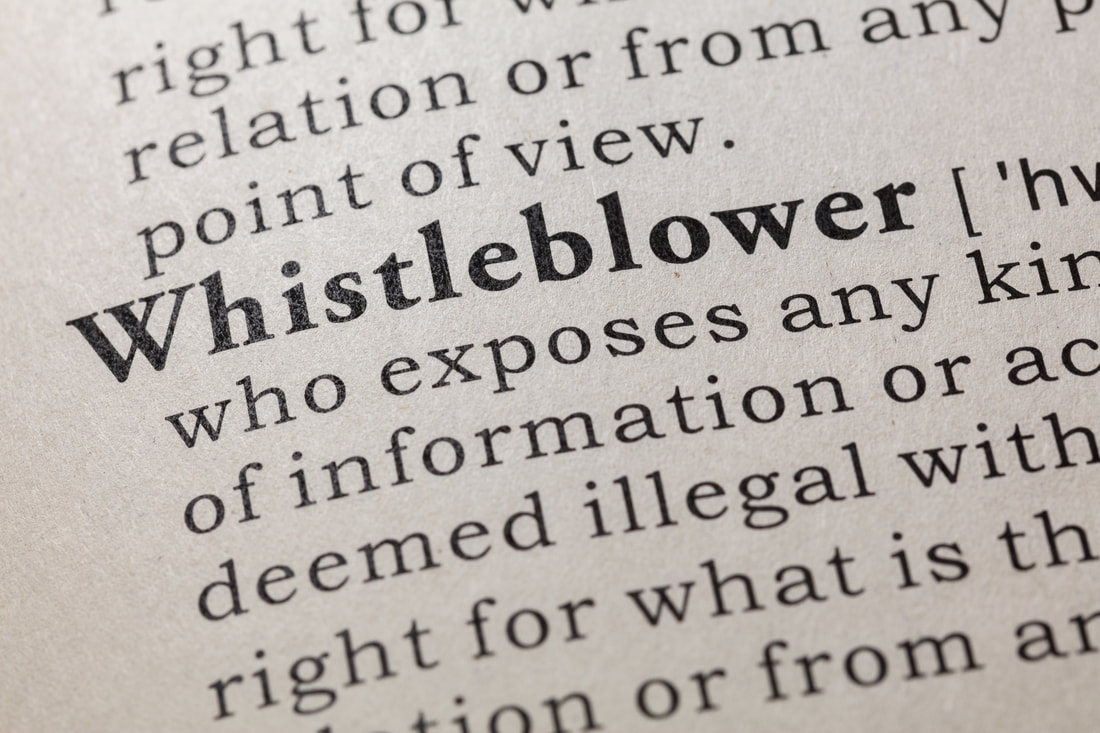U.S. Senate passes landmark law to protect victims of sexual assault and harassment from arbitration2/17/2022  Last week, the United States Senate passed the Ending Forced Arbitration of Sexual Assault and Sexual Harassment Act, signaling a huge victory for victims of sexual assault and harassment across the country. The law prevents employers from using forced arbitration clauses to protect themselves from lawsuits alleging sexual assault and harassment. The bill invalidates forced arbitration clauses in “any dispute or claim that arises or accrues” after the date it is signed into law. This appears to mean that it applies to existing agreements that an employee has already signed, but does not revive sexual assault or harassment cases that have already been arbitrated. Employers often include forced arbitration clauses in their employees’ employment contracts to ensure that employees’ claims of sexual assault or harassment are resolved through private arbitration, rather than normal court. Many employers do this because the employees tend to fare worse in private arbitration than they do in court. According to a paper published by the Economic Policy Institute, employees in private arbitration win only about a fifth of the time (21.4 percent), whereas employees in federal court win over one-third (36.4 percent) of the time. Employees also tend to be awarded less in damages in mandatory arbitration than in federal courts. The new bill, H.R. 4445, has not been signed into law yet, but has now been passed by both chambers of Congress with strong bipartisan support. President Biden has indicated support for the bill in the past and is expected to sign it into law soon. If you believe you have faced sexual assault or harassment at work, or have questions about arbitration, contact Teukolsky Law today for a free consultation.
0 Comments
Whistleblowers whose employers retaliate against them received some good news recently from the California Supreme Court. On January 7, 2022, the Court handed down a decision in Lawson v. PPG Architectural Finishes, Inc., holding that whistleblowers may prove their claims by a “preponderance of the evidence,” and that employers can defeat such claims only by showing “by clear and convincing evidence” that they would have taken the same adverse action even if the employee had not engaged in whistleblowing. A “preponderance of the evidence” standard is relatively low – it simply means that it was more likely than not that the employer engaged in unlawful retaliation. By contrast, the “clear and convincing evidence” standard is far higher, meaning that the employer will have a difficult time proving its defense than the employee will have in proving that retaliation occurred.
The Court rejected the employer’s argument that whisteblower claims should be evaluated using a more stringent test that is typically used in federal lawsuits. This victory for whistleblowers comes on the heels of the Associate Justice Leondra Kruger, who is rumored to be a contender for a U.S. Supreme Court seat after Justice Stephen Breyer announced he will retire, authored the unanimous decision. |
AuthorLauren Teukolsky is the founder and owner of Teukolsky Law, A Professional Corporation. Archives
June 2024
Categories
All
|
Teukolsky Law, A Professional Corporation, represents clients throughout California. Ms. Teukolsky is admitted to practice in the State of California, as well as the United States Supreme Court, Ninth Circuit Court of Appeals, Northern District of California and Central District of California. Disclaimer.
Copyright © 2017
Copyright © 2017


 RSS Feed
RSS Feed